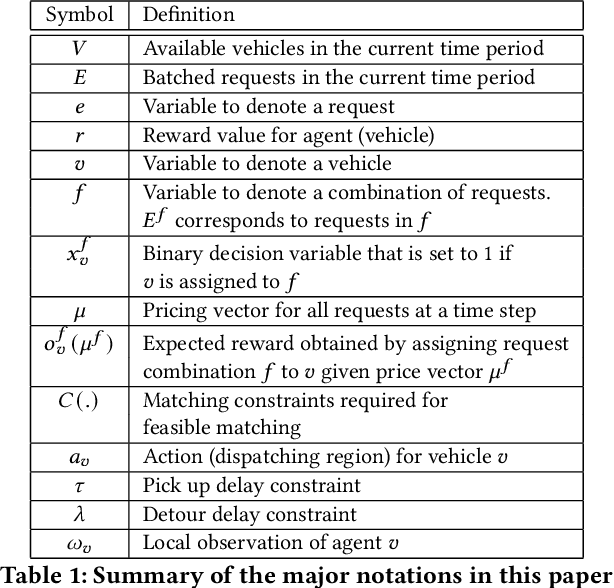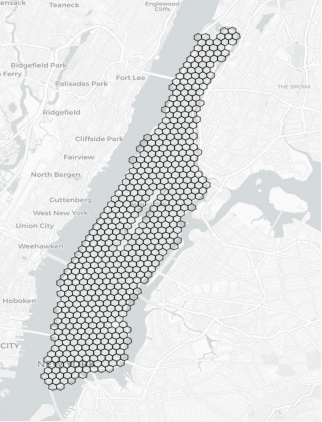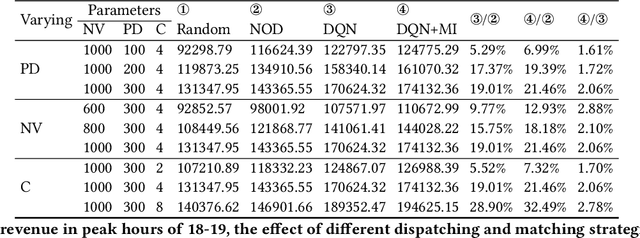Xianjie Zhang
EAGLE: Episodic Appearance- and Geometry-aware Memory for Unified 2D-3D Visual Query Localization in Egocentric Vision
Nov 12, 2025Abstract:Egocentric visual query localization is vital for embodied AI and VR/AR, yet remains challenging due to camera motion, viewpoint changes, and appearance variations. We present EAGLE, a novel framework that leverages episodic appearance- and geometry-aware memory to achieve unified 2D-3D visual query localization in egocentric vision. Inspired by avian memory consolidation, EAGLE synergistically integrates segmentation guided by an appearance-aware meta-learning memory (AMM), with tracking driven by a geometry-aware localization memory (GLM). This memory consolidation mechanism, through structured appearance and geometry memory banks, stores high-confidence retrieval samples, effectively supporting both long- and short-term modeling of target appearance variations. This enables precise contour delineation with robust spatial discrimination, leading to significantly improved retrieval accuracy. Furthermore, by integrating the VQL-2D output with a visual geometry grounded Transformer (VGGT), we achieve a efficient unification of 2D and 3D tasks, enabling rapid and accurate back-projection into 3D space. Our method achieves state-ofthe-art performance on the Ego4D-VQ benchmark.
Mutual Information as Intrinsic Reward of Reinforcement Learning Agents for On-demand Ride Pooling
Jan 07, 2024



Abstract:The emergence of on-demand ride pooling services allows each vehicle to serve multiple passengers at a time, thus increasing drivers' income and enabling passengers to travel at lower prices than taxi/car on-demand services (only one passenger can be assigned to a car at a time like UberX and Lyft). Although on-demand ride pooling services can bring so many benefits, ride pooling services need a well-defined matching strategy to maximize the benefits for all parties (passengers, drivers, aggregation companies and environment), in which the regional dispatching of vehicles has a significant impact on the matching and revenue. Existing algorithms often only consider revenue maximization, which makes it difficult for requests with unusual distribution to get a ride. How to increase revenue while ensuring a reasonable assignment of requests brings a challenge to ride pooling service companies (aggregation companies). In this paper, we propose a framework for vehicle dispatching for ride pooling tasks, which splits the city into discrete dispatching regions and uses the reinforcement learning (RL) algorithm to dispatch vehicles in these regions. We also consider the mutual information (MI) between vehicle and order distribution as the intrinsic reward of the RL algorithm to improve the correlation between their distributions, thus ensuring the possibility of getting a ride for unusually distributed requests. In experimental results on a real-world taxi dataset, we demonstrate that our framework can significantly increase revenue up to an average of 3\% over the existing best on-demand ride pooling method.
Future Aware Pricing and Matching for Sustainable On-demand Ride Pooling
Feb 21, 2023Abstract:The popularity of on-demand ride pooling is owing to the benefits offered to customers (lower prices), taxi drivers (higher revenue), environment (lower carbon footprint due to fewer vehicles) and aggregation companies like Uber (higher revenue). To achieve these benefits, two key interlinked challenges have to be solved effectively: (a) pricing -- setting prices to customer requests for taxis; and (b) matching -- assignment of customers (that accepted the prices) to taxis/cars. Traditionally, both these challenges have been studied individually and using myopic approaches (considering only current requests), without considering the impact of current matching on addressing future requests. In this paper, we develop a novel framework that handles the pricing and matching problems together, while also considering the future impact of the pricing and matching decisions. In our experimental results on a real-world taxi dataset, we demonstrate that our framework can significantly improve revenue (up to 17\% and on average 6.4\%) in a sustainable manner by reducing the number of vehicles (up to 14\% and on average 10.6\%) required to obtain a given fixed revenue and the overall distance travelled by vehicles (up to 11.1\% and on average 3.7\%). That is to say, we are able to provide an ideal win-win scenario for all stakeholders (customers, drivers, aggregator, environment) involved by obtaining higher revenue for customers, drivers, aggregator (ride pooling company) while being good for the environment (due to fewer number of vehicles on the road and lesser fuel consumed).
 Add to Chrome
Add to Chrome Add to Firefox
Add to Firefox Add to Edge
Add to Edge